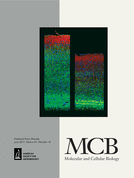 After a paper is published, how long should a journal consider allegations of misconduct? For one journal, that answer is: Six years.
After a paper is published, how long should a journal consider allegations of misconduct? For one journal, that answer is: Six years.
We see plenty of journals that retract papers at least 10 years old over concerns regarding misconduct, but in a recent editorial, Molecular and Cellular Biology announced it would pursue allegations made within six years after a paper is published. This rule mirrors federal regulations (which apply to the U.S. Office of Research Integrity), which also decline to investigate allegations if at least six years have passed since the incident supposedly occurred — but with some exceptions, such as if the misconduct could have an impact on public health.
Incidentally, the same issue of the journal includes a retraction notice for a paper published seven years ago, citing image duplications. A spokesperson for the American Society for Microbiology (which publishes the journal) told us the journal investigated the paper in 2016, within the cutoff period.
Here’s the key text from the editorial:
 Science Translational Medicine has retracted a paper by researchers based in Switzerland, after an investigation concluded two figures had been manipulated.
Science Translational Medicine has retracted a paper by researchers based in Switzerland, after an investigation concluded two figures had been manipulated. Sometimes, even a short notice catches our attention.
Sometimes, even a short notice catches our attention.
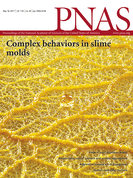
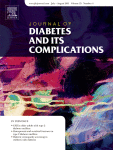
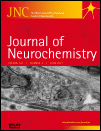 A neurochemistry journal has retracted a paper from a group in China over a duplicated image.
A neurochemistry journal has retracted a paper from a group in China over a duplicated image.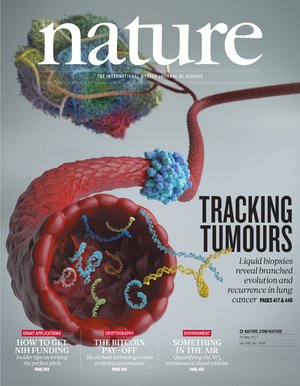 A former researcher at Johns Hopkins who voiced concerns about a now-retracted paper in
A former researcher at Johns Hopkins who voiced concerns about a now-retracted paper in